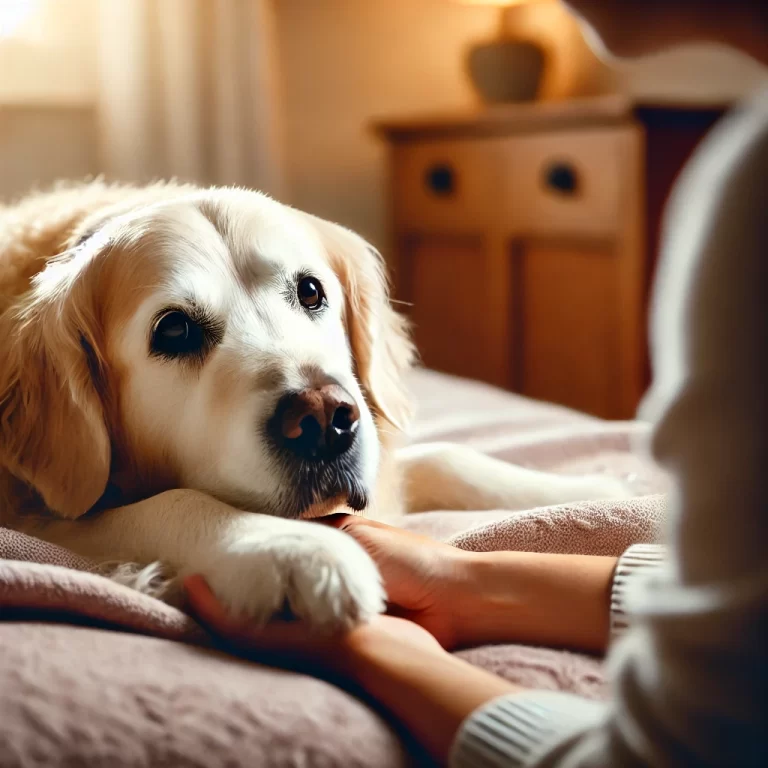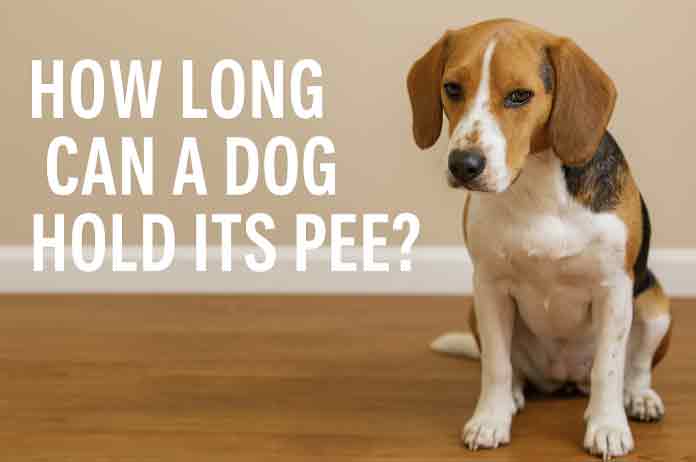What Does It Mean When a Dog Is Acting Weird?
Table of Contents
- Introduction
- Common “Weird” Dog Behaviors
- Potential Causes Behind Strange Dog Behavior
- When Should You Be Concerned?
- How to Respond When Your Dog Is Acting Strange
- Behavioral vs. Medical Issues
- Tips for Monitoring Your Dog’s Behavior
- FAQ: Dog Acting Weird
- Conclusion
Introduction
If your dog is acting weird, it can be confusing and worrying. As pet owners, we get used to our dog’s regular habits—so when they suddenly seem off, it raises red flags. But what does it mean when a dog is acting weird? Is it something serious, or just a passing phase? In this article, we’ll explore the common causes, signs to watch for, and when it’s time to call the vet.
Common “Weird” Dog Behaviors
Dogs communicate differently than humans, and sometimes their actions seem strange to us. Some examples of unusual behavior include:
- Excessive licking or chewing
- Pacing or restlessness
- Sudden aggression or fear
- Hiding or avoiding interaction
- Shaking or trembling without reason
- Staring at walls or chasing invisible objects
- Loss of appetite or increased thirst
Potential Causes Behind Strange Dog Behavior
Strange behavior in dogs can stem from a variety of sources, ranging from harmless quirks to serious health concerns.
1. Anxiety or Stress
Changes in the household—like a move, new pet, or loud noises—can trigger anxiety in dogs. This often leads to pacing, whining, or hiding.
2. Pain or Illness
If your dog is acting weird suddenly, it may be a sign of pain or illness. Conditions like arthritis, gastrointestinal issues, or infections can alter behavior.
3. Cognitive Dysfunction
Senior dogs sometimes develop canine cognitive dysfunction (similar to dementia), which can lead to confusion, aimless wandering, or house-soiling.
4. Neurological Problems
Seizures, head trauma, or other brain issues may cause unusual behaviors like disorientation or twitching.
5. Toxic Exposure
Ingesting toxins—such as certain plants, chocolate, or medications—can result in erratic or alarming behavior.
6. Hormonal or Metabolic Changes
Conditions like diabetes, thyroid imbalance, or Cushing’s disease can affect behavior.
7. Boredom or Lack of Stimulation
Dogs need mental and physical stimulation. Without it, they may develop odd behaviors like chewing furniture or compulsive licking.
When Should You Be Concerned?
Some strange behaviors are temporary or harmless, but others may require immediate attention. Call your vet if your dog:
- Shows a sudden change in personality
- Refuses food or water for more than 24 hours
- Is lethargic or disoriented
- Is vomiting, having diarrhea, or coughing persistently
- Displays signs of pain or distress
How to Respond When Your Dog Is Acting Strange
Here are some general steps to take:
- Stay calm: Dogs pick up on your anxiety and may become more stressed if you panic.
- Check the environment: Look for potential triggers, toxins, or recent changes.
- Note the behavior: Keep a log of when it started, how long it lasts, and any other symptoms.
- Contact your vet: Describe the behavior and follow their guidance on next steps.
Behavioral vs. Medical Issues
Understanding whether your dog’s weird behavior is behavioral or medical in nature can be tricky. A vet evaluation is the safest route. However:
- Behavioral changes are usually triggered by stress, environment, or training issues.
- Medical changes are often accompanied by physical symptoms like vomiting, limping, or appetite loss.
Tips for Monitoring Your Dog’s Behavior
- Use your phone to record strange behavior for your vet.
- Track meals, energy levels, and bathroom habits.
- Look for patterns—does it happen after certain foods or during specific times?
- Update your vet with regular observations during checkups.
FAQ: Dog Acting Weird
Why is my dog acting weird all of a sudden?
Sudden behavioral changes can be caused by pain, stress, new medications, or environmental changes. If it persists, contact your vet.
Can a dog act weird after vaccines or medication?
Yes, some medications or vaccines may cause mild side effects like lethargy, nausea, or mood changes. These should resolve within 24–48 hours.
What should I do if my dog is acting scared for no reason?
Check for loud noises, strange smells, or hidden injuries. Comfort your dog and consult your vet if it continues.
Is pacing a sign something is wrong with my dog?
Pacing can indicate anxiety, discomfort, or even cognitive decline in older dogs. If it’s frequent or paired with other symptoms, call your vet.
Can dogs sense illness or danger?
Dogs have a strong sense of smell and awareness. Sometimes they act oddly when they detect something unusual, including their owner’s stress or illness.
Conclusion
What does it mean when a dog is acting weird? It can mean a variety of things—from simple anxiety to serious medical issues. As a pet parent, trust your instincts. If your dog’s behavior seems unusual and you can’t find a clear explanation, contact your veterinarian. Early detection is key to resolving potential health concerns and ensuring your dog’s well-being.
For more helpful articles on dog behavior, training, and wellness, explore our blog and subscribe for weekly updates.







